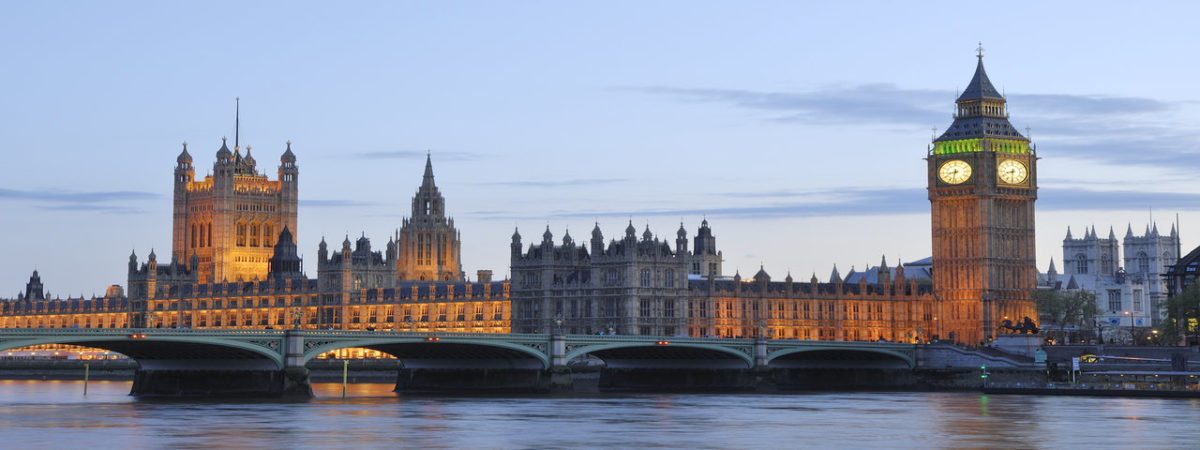The free-market centre-right should embrace EU immigration policy
SUGGESTED

NLW estimated to result in the equivalent of 60,000 fewer employed by 2020

Charges against Google not properly justified

New IEA report finds EU offers an almost ideal policy mix with regard to immigration
The emerging pan-European labour market is encouraging the most efficient allocation of labour, enabling Britain to specialise in what it does best; reap economies of scale; foster dynamic clusters; and improve the variety, quality and cost of local products and services. Moreover, the dynamism and diversity of foreigners – the majority of whom wish to work – boosts competition, innovation and enterprise, raising long-term productivity growth and living standards. They may also make a substantial net contribution to government revenue.
Free-marketeers and those on the centre-right are distorting the debate around the merits and demerits of immigration. In new research from the Institute of Economic Affairs, Philippe Legrain makes the case that whilst there is universal agreement among supporters of free markets that free trade is a good thing, sadly the free movement of people is hotly contested, including on economic grounds. Although the economic benefits of immigration are significant, it is not a narrowly economic argument: the freedom to travel and work abroad is a liberal freedom of inherent value.
Debunking common critiques of immigration:
- Commonly cited economic models are not impartial. Analyses of migrants’ impact on the labour market or public finances ignore their impact on the economy as a whole. They are often also static, analysing the effect of immigration in a world without economic growth and ignoring the dynamic effect of migrants on investment, productivity growth and living standards.
- Low-skilled immigration is beneficial. It is impossible to identify in advance how, or how much, anyone will contribute to a society, let alone how their children will. Nobody could have guessed when he arrived in the US as a child refugee from the Soviet Union that Sergey Brin would go on to co-found Google. Governments are incapable of picking individual winners, let alone planning an entire economy’s ever-changing manpower needs.
- Autarky would make us much poorer. Like trade barriers, immigration controls reduce Britons’ welfare – and by raising the cost of products and services – harm the poor most. Whilst our future prosperity depends on developing new high-productivity activities, a large share of future employment will be in low-skill, low-productivity jobs, such as care for the elderly. Without immigrants doing some of these jobs, pensioners would have to make do with less care, or we would see big budget cuts elsewhere or large tax rises.
- Immigrants do not take local people’s jobs any more than women take those of men. There is not a fixed number of jobs to go round. As well as filling jobs, migrants create them when they spend their wages and in complementary lines of work. Mostly immigrants take the jobs local workers cannot or will not do, and in the process complement local workers’ efforts, raising productivity and lifting their wages.
- There is scant evidence that Britain’s welfare state acts as a magnet for benefit tourists. Of the 440mn citizens from other EU countries who could live in Britain, only 2.34mn do, and just over 1mn are from the poorer member states who might conceivably be attracted by our welfare system.
- EU migrants to Britain are not a drain on public finances. They are, in fact, net contributors. Recent EU migrants since 1999 contributed around 4.5% more in taxes than they received in benefits in the ten years to 2011, and were 50% less likely than Brits to receive benefits or tax credits.
- EU migrants to Britain are not a burden on public services. If their taxes more than pay for the services they receive, the problem is that public services are not flexible enough, not that migrants overly pressurise them. Hotels and supermarkets seldom complain that they cannot cope with increased demand for their services.
Commenting on the research, Diego Zuluaga, Financial Services Research Fellow at the Institute of Economic Affairs, said:
“The arguments for leaving the EU to regain control over our borders and restrict EU migration are illiberal and economically harmful. Insofar as controls are deemed politically necessary, the open, flexible and non-discriminatory policy of the EU is hugely preferable to the UK’s confused, arbitrary and discriminatory approach.”
Notes to Editors:
For media enquiries please contact Stephanie Lis, Director of Communications: slis@iea.org.uk or 020 7799 8900 or 07766 221 268.
To download the full report, click here.
This report is part of a wider body of research examining how the EU might look if it were remodelled from a classical liberal perspective. In the book – Breaking Up is Hard to Do – several authors look at various areas of economic policy in which the EU has an interest, as well as the governing structures of the EU, and ask what, if anything, the EU should be doing.
Phillipe Legrain is a writer and thinker. A visiting senior fellow at the London School of Economics’ European Institute, columnist for Project Syndicate, Foreign Policy and CapX, and independent consultant, he was economic adviser to the President of the European Commission and head of the team providing President Barroso with strategic policy advice from 2011 to 2014. He has also been special adviser to World Trade Organisation Director-General Mike Moore and trade and economics correspondent for The Economist.
The mission of the Institute of Economic Affairs is to improve understanding of the fundamental institutions of a free society by analysing and expounding the role of markets in solving economic and social problems.
The IEA is a registered educational charity and independent of all political parties.



